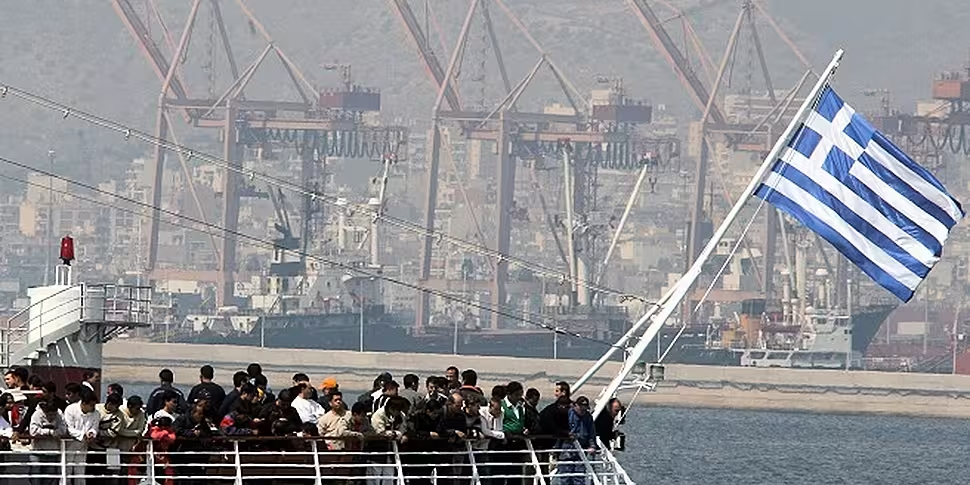Last month saw Greece sell the majority of the historic Port of Piraeus – the main port of Athens for millennia– to the Chinese company Cosco but, the Guardian reports, this could be just one of many prized assets the beleaguered nation will have to offload to meet creditor demands as part of its €86 billion bailout package.
Athens has now been fighting to drag itself out of a financial crisis for seven years.
Some relief came last week, as the International Monetary Fund agreed to supply Greece with a €10.3bn tranche of bailout funds.
That money is the second installment of the country's third bailout and has been severely delayed since it was agreed in August 2015. It will now arrive in two payments, next month and in September.
It will not be enough, however, to protect many of Greece's beaches, boutique hotels, golf courses, islands, Olympic venues and more. Indeed, selling off what is essentially the Greek family jewels is part and parcel of the deal.
Over the coming months, the country's privatisation agency will further increase the available "shopping list" as the state divests itself of major holdings.
Over 71,000 pieces of public property will be used in a "super fund", constituting what will be the biggest privatisation programme on continental Europe in modern times.
As part of the latest bailout, both the International Monetary Fund and the European Uinion demanded last week that the organisation will operate for 99 years.
The agreement was made with the current ruling party Syriza – the leftist party founded by the current head of Greece's privatisation agency, Stergios Pitsiorlas.
Greek opposition has rallied against the move, saying that it will effectively mortgage the country out for generations, without any guarantees from foreign creditors that they will take care of Greece's massive €320bn debt pile.
Talking to the Guardian, Pitsiorlas conceded:
"In some ways they are right. The truth lies somewhere halfway.
"But there is a dignity far worse, the indignity of being forced to rely on foreign lenders.
"If we want, as a true party of the left, to help workers, if we want to stop salaries and pensions being cut and taxes being augmented, we have to find money from somewhere, we have to develop our economy".
The latest privatisation plans will very much ramp up a process that has failed to take in significant amounts of cash thus far.
Agreeing its initial €110bn bailout in 2010, Athens pledged to raise €50bn from asset sales.
To date, it has secured a mere €3.5bn.
Pitsiorlas has now promised that Hellenikon airport, the country's biggest piece of public real estate, will be sold in June.
That should take their funds from state sales to over €2bn for 2016 alone.
Pitsiorlas is aiming to bring in €6bn by 2018.
Whilst the government previously rejected proposals to sell its two main ports in Piraeus and Thessaloniki, tenders were relaunched since the August 2015 bailout.
Along with Cosco securing 67% of Piraeus, the German transport operator Fraport has won a bid to run 14 regional airports in tourist destinations such as Mykonos and Corfu, for the next 50 years.
Pitsiorlas argued:
"The state of our airports on islands like Santorini are a national embarrassment. So why not improve them?
"They are not going to own them forever and when they come back to us they will be in much better condition".
Over 500 islands, as well as tracts of Greece's 16,000km-long coastline are also for sale.
Pitsiorlas, meanwhile, has rejected talk that this essentially amounts to a mass firesale, which would see Greece lose a lot for potentially very little gain.









